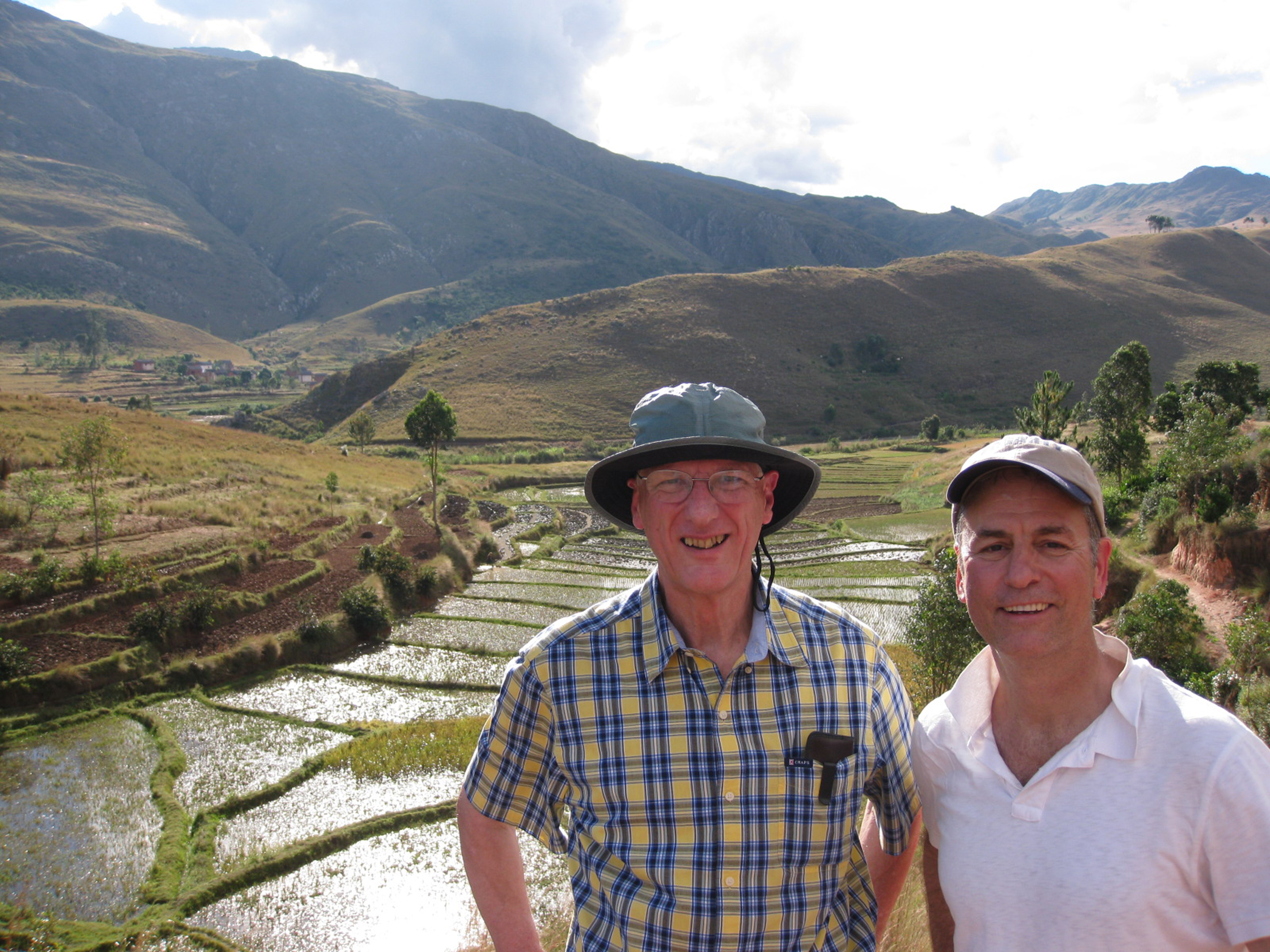Cancer-slowing compound also combats malaria, researchers find

An extract from a shrub often used for medicinal purposes in tropical Africa may have lethal effects against a dangerous parasite that transmits malaria, according to a multi-institutional team of scientists led by researchers at Virginia Tech.
The discovery, published online in the Journal of Natural Products, shows that a compound isolated from this common plant with low branches and creamy, white fragrant flowers appears to be useful for the development of drugs targeting the parasite Plasmodium falciparum. The same chemical compound was previously shown to slow the growth of ovarian cancer cells, researchers say.
"The next step in the research is to prepare analogs of the active compounds in hopes of finding some more stable compounds with even better activity. The compound we’ve identified already appears to have better anti-malarial activity than Chloroquine, a standard drug on the market," said David G.I. Kingston, a University Distinguished Professor of chemistry in the College of Science, researcher affiliated with the Fralin Life Science Institute, and director of the Virginia Tech Center for Drug Discovery.
For the study, Kingston partnered with Maria Belen Cassera, an assistant professor of biochemistry in the College of Agriculture and Life Sciences, and Jessica Bowman of Lynchburg, Va., a graduate student in biochemistry in the College of Agriculture and Life Sciences, working with Cassera.
The biochemists conducted bioassays on Kingston’s collection of plants from Madagascar, collected as part of the Madagascar International Cooperative Biodiversity Group. In 2011, Kingston received a grant from the National Center for Complementary and Alternative Medicine, part of the National Institutes of Health, to test the plants for anti-malarial activity.
"Natural product compounds seem to be full of surprising benefits to cure human disease," Bowman said. "To be a part of the on-going research for transmission blocking agents is very rewarding."
With the help of Liva Harinantenaina, a research scientist working with Kingston, the team honed in on an ethanol extract of Mallotus oppositfolius, a West African tropical flowering plant often used as a chewing stick in Nigeria but not fully studied in the scientific world. Then, they worked together to isolate three antimalarial compounds from the extract.
Studies conducted by Cassera and Paul Roepe, professor of chemistry and professor of biochemistry and cellular and molecular biology at Georgetown University, showed that one of the three compounds kills the malaria parasite in its asexual stage as well as its gametocyte stage, which is when transmission to mosquitoes occurs.
"Finding new drugs that will also target the gametocyte stages of the malaria parasite are essential to reduce its transmission," Cassera said.
Cassera is also an affiliated faculty member with the Fralin Life Science Institute. Kingston and Cassera are both members of the Virginia Tech Center for Drug Discovery, which was established last June to increase collaboration among drug discovery researchers in varying colleges and departments.




